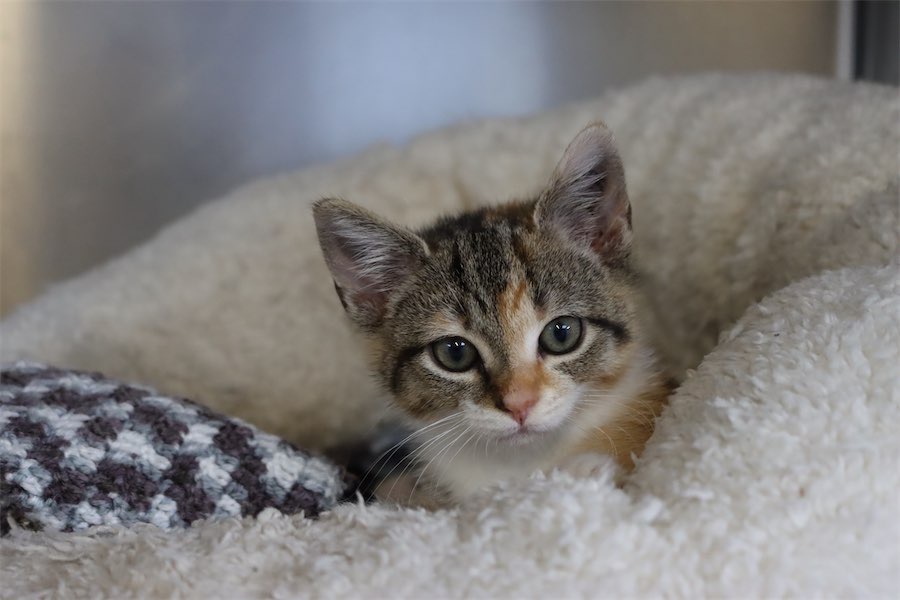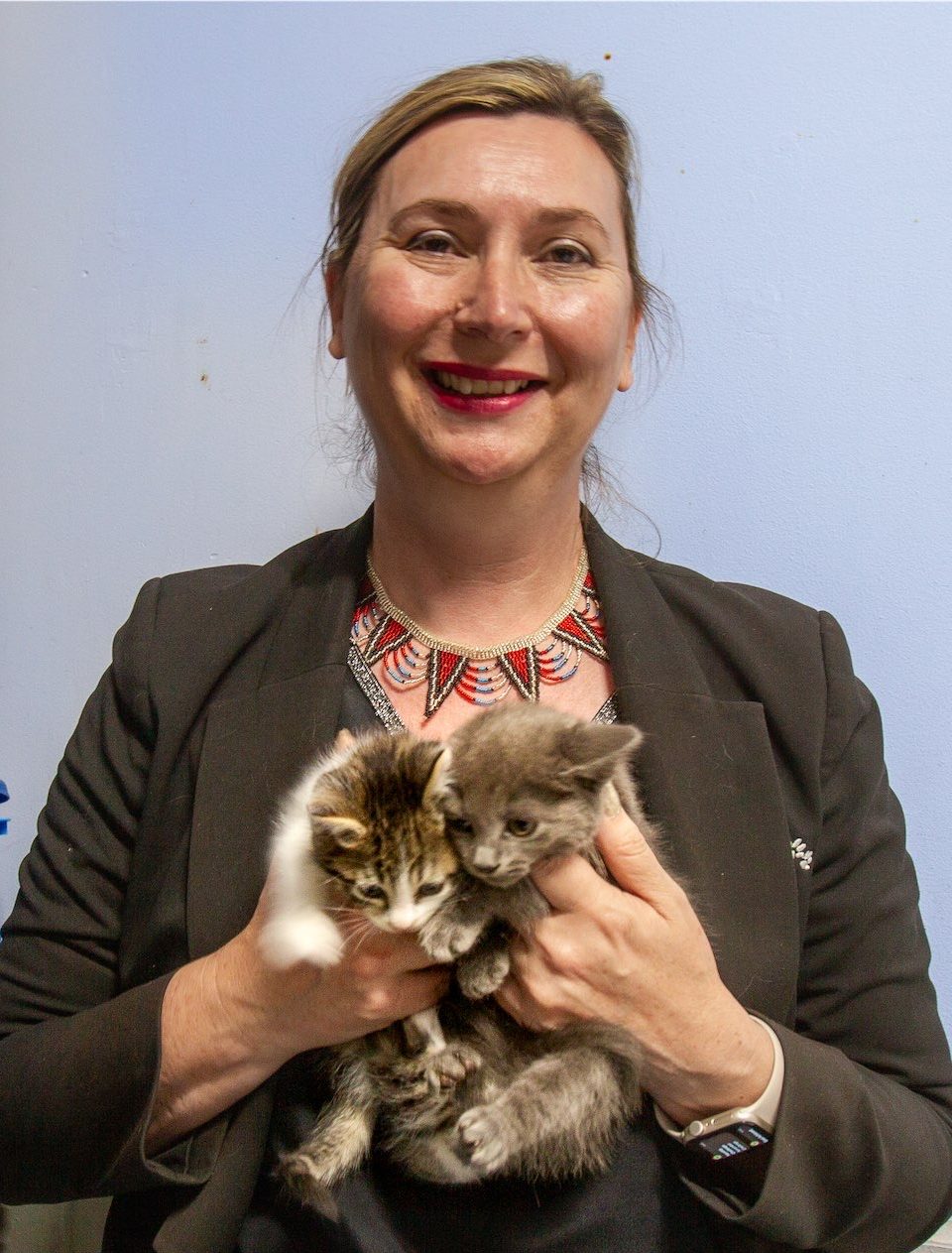
FOSTERING kittens may seem like a daunting task, but the RSPCA needs help, says Michelle Robertson.

“We are not a federal government department, we are not very well resourced,” says Michelle, the CEO of RSPCA ACT.
“We always need help, every single year we need help, but this time, it really is crunch time.”
Michelle says that traditionally, the RSPCA sees a massive spike in kitten births during the warmer months.
This phenomenon is colloquially known as “kitten season”, she says.
“A few years ago, it would be from December to March and we would know there is a massive spike,” she says.
“Because it’s been really warm over the past two years, we suspect that the volume is going to be more. That concerns us.”
Michelle says the RSPCA has already received 56 kittens over the past three months.
This is compounded by the fact that there is a national shortage of the F3 vaccine, which protects cats from feline panleukopenia, feline rhinotracheitis virus and feline calicivirus, says Michelle.
“As a shelter, this is really concerning for us, because you have a high volume of animals together in one place,” she says.
“That means there are real biosecurity issues for us.
Michelle says that part of the RSPCA’s response strategy to the vaccine shortage is to increase the number of foster carers.
“The more cats and kittens that we can get out, the healthier they will be, because they won’t be in a highly populated environment,” she says.
“One of the things we did wrong in the past was, when we put out the call for foster carers, we would try and get the foster carers to get inducted in work hours, but, it creates a challenge because people are working and we lose out on a portion of the Canberra population that might be open to fostering.”
Michelle says that the induction process can now be done online.
“We want to make the induction as easy and accessible as possible, to try and get more people to be foster carers,” she says.
For those thinking about fostering pets, Michelle says people need to understand the differences between owning and fostering.
“The care amount is pretty similar, but if you foster, it’s not yours to keep,” she says.
“The beauty, I think, is you get all of those lovely things about pet ownership, but if you go on holiday, you don’t need to worry about ‘who’s going to look after my pets?’ ‘What am I going to do?’
“Pets are a wonderful joy in our lives, but they are a responsibility.
“With fostering you get companionship, you get all the hugs, snuggles and all of those things, but, you can give them back.”
When looking for foster carers, Michelle says the most important thing the RSPCA looks for is whether foster carers can provide a safe, separated space.
“It is advantageous if people have owned pets before, it does make it easier, but, if you haven’t owned a pet before we’re not going to say no,” she says.
“Right now we have 204 cats in care.
“Some of them are in our foster network, who are wonderful and amazing, we couldn’t do what we do without them.
“On top of that, we have 98 cats that are owned, that people want to surrender.
“And then you look at the kittens being born, they are coming into this scenario as well.
“Based on the past two-to-three years worth of data, there will probably be a three-to-five month period where at any given time, we will have 150 to 200 kittens in care.
“The challenge is big.
“Whatever people can give, now is the time we really need it because I am worried.”
Michelle says that she knows the temporary nature of fostering can be emotionally challenging for some, having fostered kittens and a rabbit herself, but stresses that there are no financial expectations for foster carers.
“We provide food, we provide the pack, we provide the kitten litter,” she says.
“There’s no financial costs that a foster carer will need to bear.
“We take care of all of that.”
Michelle says fostering is also a great alternative to the emotional animal adopting that occurs during the holiday period, as you can test whether you can make the long-term commitment of being a pet owner.
“Animals can’t look after themselves, we have to commit to their life, and if you can’t do that, then fostering is a great alternative,” she says.
To foster a kitten, call 6287 8100 or via rspca-act.org.au/cat-foster
Who can be trusted?
In a world of spin and confusion, there’s never been a more important time to support independent journalism in Canberra.
If you trust our work online and want to enforce the power of independent voices, I invite you to make a small contribution.
Every dollar of support is invested back into our journalism to help keep citynews.com.au strong and free.
Thank you,
Ian Meikle, editor




Leave a Reply